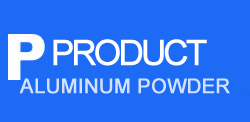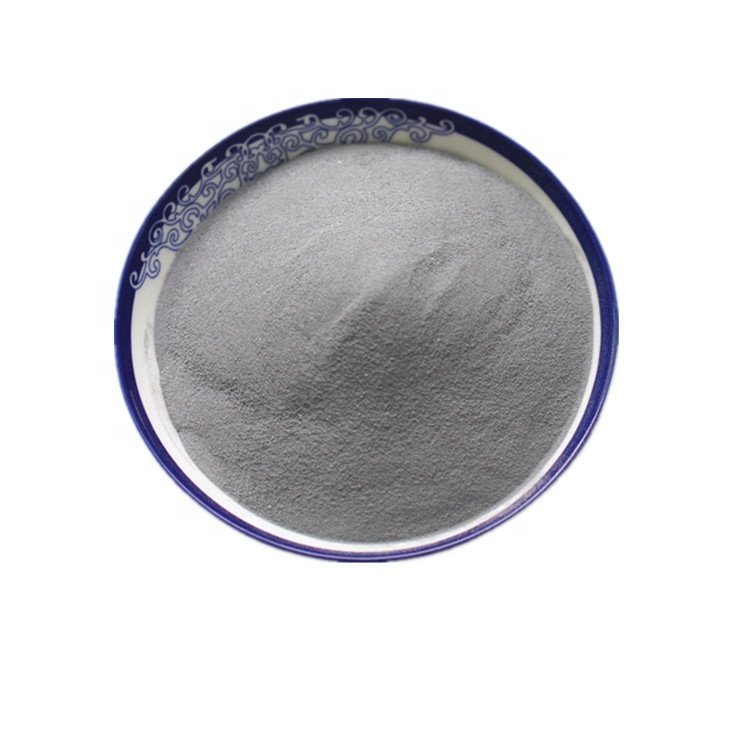
Aerated aluminum powder
Aerated aluminum powder, also known as aluminum powder paste and aluminum powder paste for aerated concrete, has a certain seismic capacity.

The main purpose of aerated aluminum powder for aerated concrete is that during the production process, the aluminum powder reacts with silicon dioxide and quicklime to release gas, so that a porous structure is formed inside the produced concrete block. In the process of batching in the production of aerated concrete blocks, the aerated concrete is added to the aluminum powder slurry mixing tank, and after being fully stirred, it is put into the aluminum powder slurry weighing scale, and finally mixed with quicklime, gypsum, fly ash and other raw materials Put them together in a pouring mixer, the aluminum powder in the aluminum powder paste can react with alkaline substances in the aerated concrete slurry to release hydrogen, generate bubbles, and expand the aerated concrete slurry to form a porous structure. As a result, the general weight of the aerated concrete block produced is 500-700kg/m3, which is only equivalent to 1/4-1/5 of clay bricks and 1/5 of ordinary concrete, which is the lighter type of concrete. Compared with ordinary brick concrete structure building, its own weight is reduced by more than 40%.
In addition, the use of aerated concrete blocks can also have the following effects.
1. Sound insulation effect
Because of its unique porous structure, the internal structure is like bread, with a large number of closed pores evenly distributed, so it has a certain sound absorption capacity. A 10mm thick wall can reach 41 decibels.
2. Strong earthquake resistance
Aerated concrete blocks have light capacity, good overall performance, and low inertia during earthquakes.
3. Thermal insulation effect
Because the aerated concrete block has a large number of pores and micropores inside, it has good thermal insulation performance. The thermal conductivity is 0.11-0.16W/MK, which is 1/4-1/5 of the clay brick. The thermal insulation effect of a 20cm-thick aerated concrete wall is equivalent to that of a 49cm-thick ordinary solid clay brick wall.
4. Impermeability
Because the aerated concrete block is composed of many independent small pores, it absorbs water slowly and conducts moisture slowly. The time required for the same volume to absorb water to saturation is 5 times that of clay bricks. When used in the bathroom, the tiles can be directly pasted after the interface is processed on the wall.